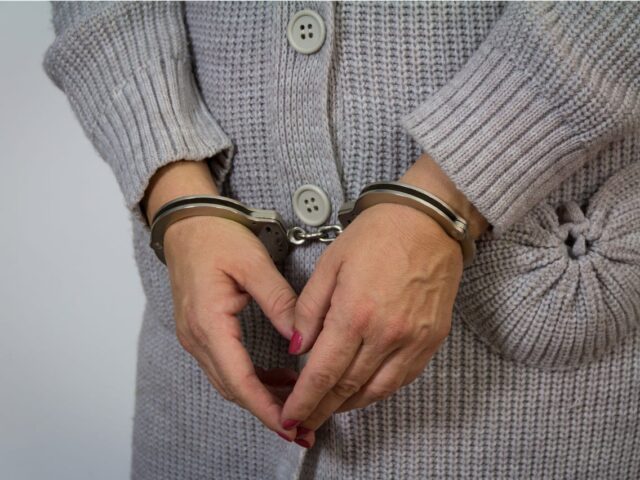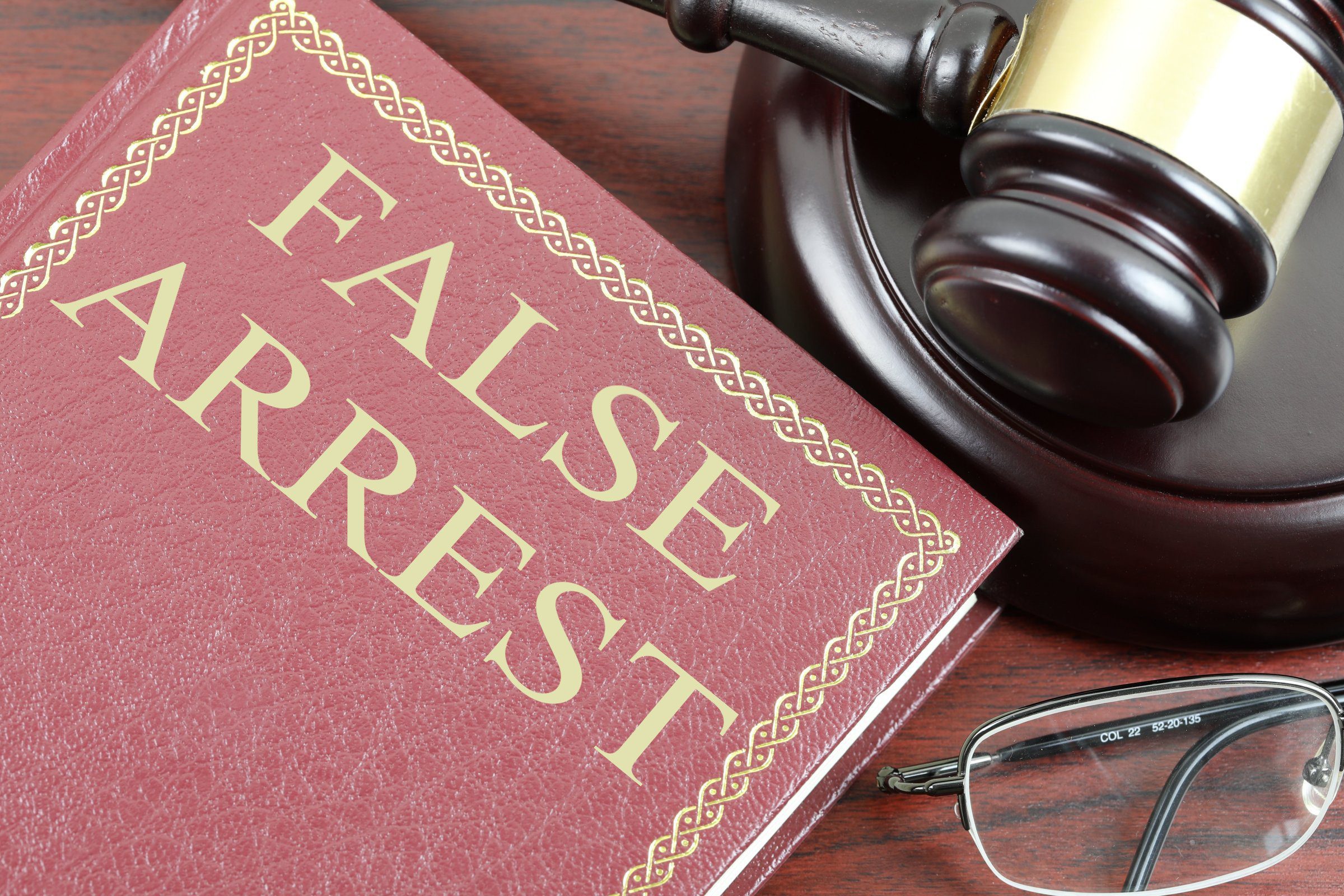Getting Arrested is a painful and humiliating experience. If you’ve been wrongfully arrested, you’re presumably both indignant and distressed. However, it is critical that you remain calm in the face of the event.
 When a police officer abuses his or her jurisdiction, or when a person’s freedom of movement is unjustifiably curtailed by a law enforcement officer, it is called an unlawful arrest. This appears to be a source of concern for many South Africans, as civil claims/unlawful arrest claims against the South African Police Services are on the rise. The Minister of Police was forced to pay about R600 000.00 in damages to a minor who was wrongfully arrested and held in 2019.
When a police officer abuses his or her jurisdiction, or when a person’s freedom of movement is unjustifiably curtailed by a law enforcement officer, it is called an unlawful arrest. This appears to be a source of concern for many South Africans, as civil claims/unlawful arrest claims against the South African Police Services are on the rise. The Minister of Police was forced to pay about R600 000.00 in damages to a minor who was wrongfully arrested and held in 2019.
Unfortunately, the very organization that was established to assist and protect innocent civilians has been found to be intruding on their rights.
There have been numerous reports of corrupt police officers breaking the law and being held accountable. We must keep in mind that, given South Africa’s crime figures, cops are frequently compelled to make hasty choices in order to be proactive, and mistakes are common.
If you have been in a position where a police officer has acted in an unjust or unlawful manner, you may be able to file a civil action against them to seek justice and compensation for your losses.
According to the Constitution, an unlawful arrest violates several of a citizen’s rights. It is a flagrant violation of Section 10 of the Constitution, which recognizes and defends everyone’s inherent dignity and the right to have it respected and protected by others. Section 12 of the Constitution recognizes and defends everyone’s right to freedom and security, including the right not to be deprived of liberty or detained without a trial. Only in extreme circumstances can a police officer make an arrest without a warrant.
If you have been wrongfully arrested, it is quite legal for you to file a summons for damages. There are some guidelines to follow, and our legal experts at Siyamthanda Buku Attorneys Inc. will be there to help you navigate this difficult scenario. Please contact our Johannesburg offices to discuss your options.
What to Do If You’re Arrested for No Reason
You have rights regardless of the scenario. Remembering these three crucial things will prevent the issue from deteriorating further:
Keep your cool and take notes on what’s going on. If you don’t have any writing tools with you, request a pen and paper.
Keep in mind that you are presumed innocent until proven guilty. You do not have to establish your innocence; the state must prove your guilt.
As quickly as feasible, contact an attorney. You have the right to legal counsel.
If possible, take extensive written notes on the incident. Details should not be overlooked; they may be more significant than you realize. Keep the following in mind:
Conversations you had with the officer(s) involved – Take notes on what was said.
Have you been shown a search warrant?
Were you informed of your legal rights?
Were you informed of your right to ask for bail and given the opportunity to speak with an attorney?
Was there any use of force? Explain what happened, including whether or not you considered the force employed was excessive.
What are your legal options?
Whether you are guilty or not, you have constitutional rights:
You are free to keep silent.
Your rights must be explained to you by the arresting officer.
No one can force you to make a confession.
You have the right to speak with a bail lawyer and begin the bail process.
The police have 48 hours to bring the case to court (or until the end of the first working day after the weekend).
At your initial court appearance, you must be charged or informed as to why you are still being held or freed.
If it is in the interests of justice, you must be released with conditions (usually bail)
Attorneys will Request Bail On Your Behalf


If you are treated unfairly by the police, you have the right to sue.
Assault occurs when a police officer uses or threatens to use force. Assault can take the form of verbal, physical, or psychological abuse. If this happens to you, try to collect the following information:
Officers’ names and badge numbers, as well as vehicle registration numbers


